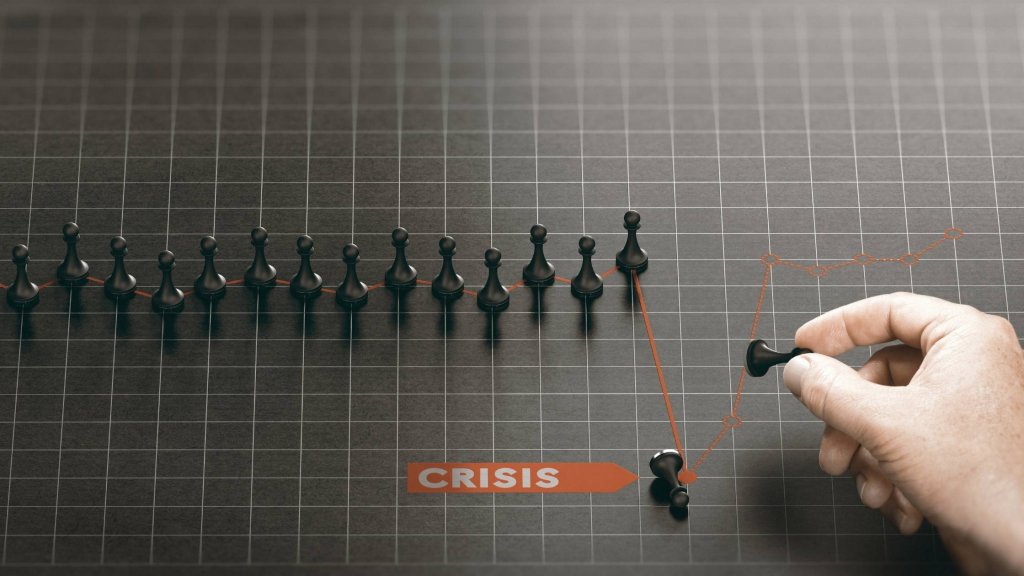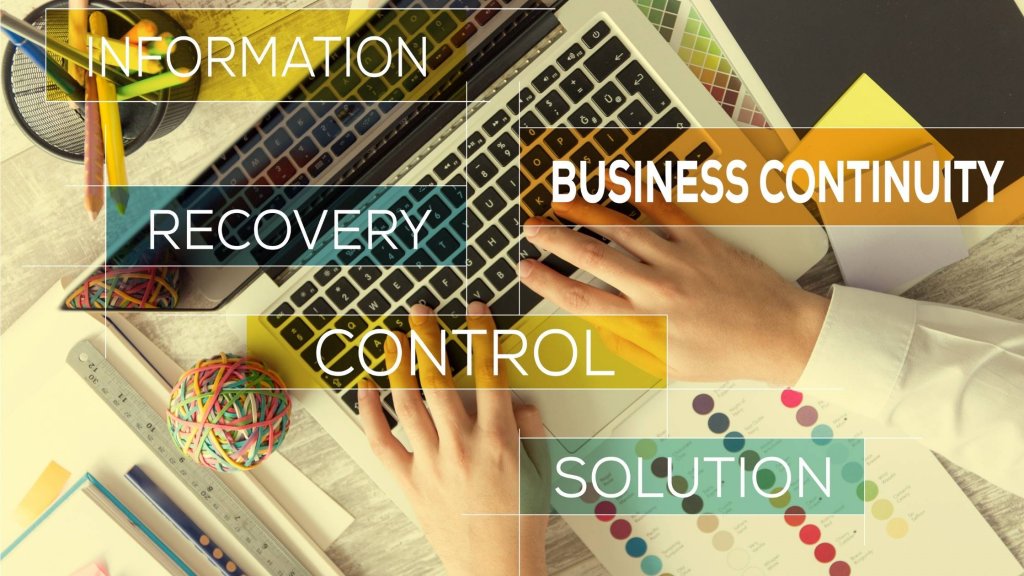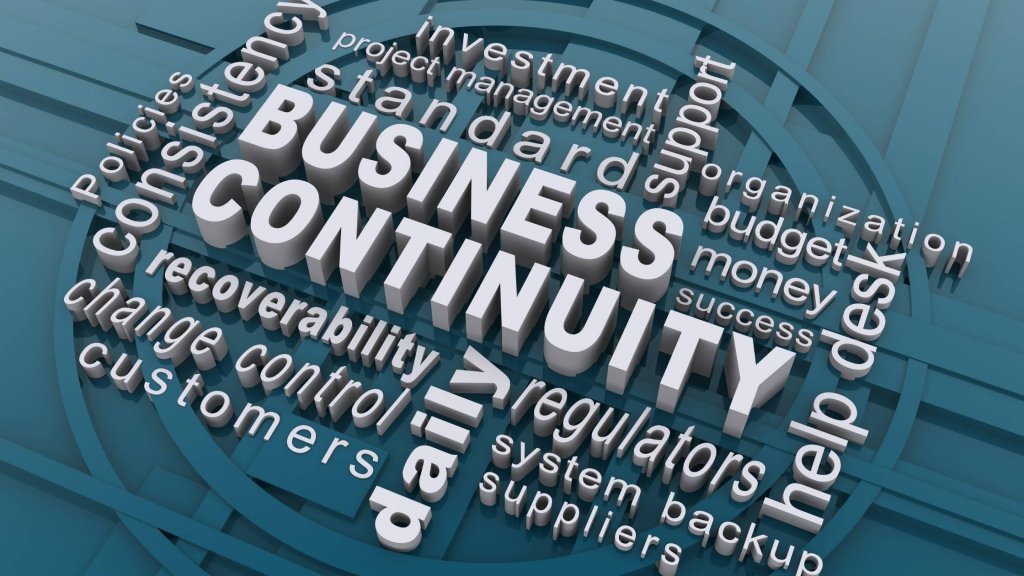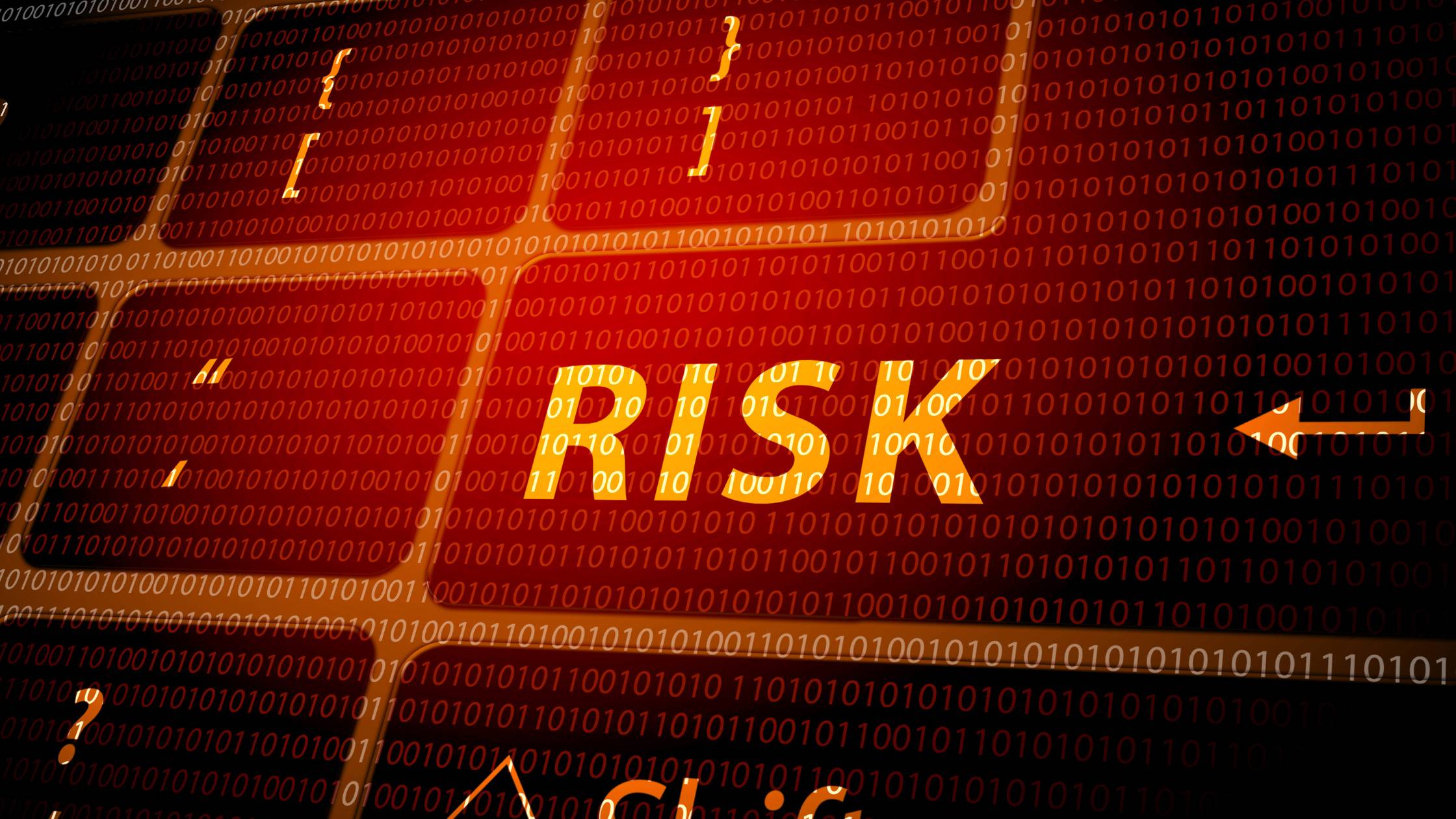VIEW BY TOPIC
- Finding Customers
- Business Systems
- Managing Employees
- Leadership
- Managing Money
Related Posts

Ready to Grow Your Business Fast?
Here’s How I Grew Five Businesses, and Eventually Sold One to a Fortune 500 Company.

5 Strategies to Ensure Business Continuity
Disruptions to your business may occur at any moment such as natural disasters, fire, supply chain failure, and cybersecurity incidents. When your business is disrupted, expenses are most likely to increase in order to survive. Aside from increasing expenses, revenues can be unstable and may continue to drop, leading to reduced profits. Business insurance won’t be enough to cover all expenses at the same time, let alone replace all customers lost in the process. This is why business continuity is essential.
Business continuity is the process of advanced preparation and planning that allows a business to continue its critical functions in the case of a catastrophic mishap. Mishaps may include business crises, pandemics, natural disasters, or any occasions that disrupt business operations.
When planning for business continuity, make sure to keep the IT department involved in the process. They’re crucial in maintaining the systems you need to execute your operations continuously. If you don’t have an in-house IT department, you may consult any IT support in Providence for professional assistance.
A plan won’t succeed without a compelling set of strategies. That said, you might want to consider the following strategies below to help ensure business continuity:
1. Create A Disaster Recovery Team

A disaster recovery team is a group of trained individuals responsible for handling all aspects of your business continuity plan and executing it in the case of a disaster.
Since you’ll need the cooperation of multiple departments, it’s a good idea to include personnel from different areas on your team. This will help improve the process of sharing information and communication when implementing your business continuity plan.
Here are the following employees you might need to include in your disaster recovery team:
- Disaster Recovery/Crisis Management Coordinator
Their main role is to oversee the implementation of your plan as a whole. They’ll be the ones to confirm if your business continuity plan is aligned with your business needs and make sure that all members are informed accordingly. Someone in the IT department (managerial level) is a good fit for this position.
- Critical Business Unit Advisors
They don’t have much work to do when it comes to the execution of the plan. Their main role is to evaluate and determine what constitutes the plan. These include the budget, strategy, recovery team members, and policy considerations. The perfect fit for this role is C-level executives and department heads.
- Business Continuity Experts
They facilitate proper communication between different departments to ensure proper collection and sharing of information. The perfect employee for this role is someone from the human resources department or a public relations manager.
- Recovery Team
They’re the most important members in the event of a disaster. They know how your IT infrastructure works and how to protect its essential components such as servers, networks, devices, and databases. Their main role is to execute your plan and keep the integrity of your system. The perfect fit for this role is someone who holds a managerial position in your IT department.
2. Assess Potential Risks
In this vital process, you need to identify all the vulnerabilities that may cause serious problems in the future. You also need to determine the possible scenarios that’d negatively affect the critical functions of your business.
While there are disasters that may apply to any business, the most crucial risks are unique and specific for every company. For example, an office situated along a coastal area may have a higher risk of flooding than those far from it. Also, a power outage may have more severe consequences for a medical care facility than for law firms.
Your main role is to determine all the potential risks that may put your business operations in peril. Communicate with your disaster recovery or business continuity team to evaluate each risk and prevent them from occurring.
3. Prioritize the Likelihood of Those Risks and Their Impact
The possibilities of different disasters will be unique to your business, especially if you’ve already established preventative measures. For example, disrupted telecommunication lines are a high risk for call centers. If you have multiple redundant phone lines, the risk might be manageable. However, it doesn’t mean that the potential threat should be ignored.
This is why it’s important to determine the potential impact of every disaster on your business operations. How would a power outage affect your operations? What would be the cost of disrupted business operations?
Answering such questions will help you prioritize every disaster and its impact on your business. You’ll also be able to determine the most important measure that’d allow you to mitigate them and recover promptly. Invest in a power generator and ensure that you have a trustworthy emergency fuel service that can support you when disaster hits your business.
4. Create Emergency Contacts

No one can anticipate when the emergency will happen. Otherwise, it wouldn’t be called an emergency, right? So, make sure to gather and compile all the contact information of everyone involved in executing business continuity plans.
Also, make sure that all stakeholders are informed of what’s happening by keeping communication open. This is extremely crucial in the event of a major disruption. So, prepare a complete list of contacts of specific personnel and some ways to contact them during emergencies.
In addition, you need to secure the contact information of third-party service providers, business insurance companies, media, and other essential external parties. They also have different roles to play to ensure business continuity.
5. Empower Your Employees
These days, more and more employees are working remotely from the comfort of their homes. Therefore, it’s important to ensure that each of them can fully maximize the tools and equipment available for their needs.
If your business is operating remotely, it’s important to provide them with the necessary tools that’d help your employees work effectively. Also, don’t forget to create programs that’d keep them engaged while working in the comfort of their homes. In this way, employee engagement and retention rates would increase. If they remain in your company, business continuity will be assured accordingly.
Final Words on Business Continuity
Business continuity will help your business continue its critical functions when a disaster strikes such as floods, cyberattacks, natural disasters, and others. To ensure business continuity, it’s important to establish a plan that includes essential practices and strategies.
Some of the strategies you’ll need include forming a disaster recovery team that’ll facilitate the execution of the plan, evaluating and prioritizing risks, empowering employees with the right tools, and establishing emergency contacts and communication methods.
With these strategies, you’ll never have to worry about your business continuity. But don’t forget to assess your plan from time to time for better results.














